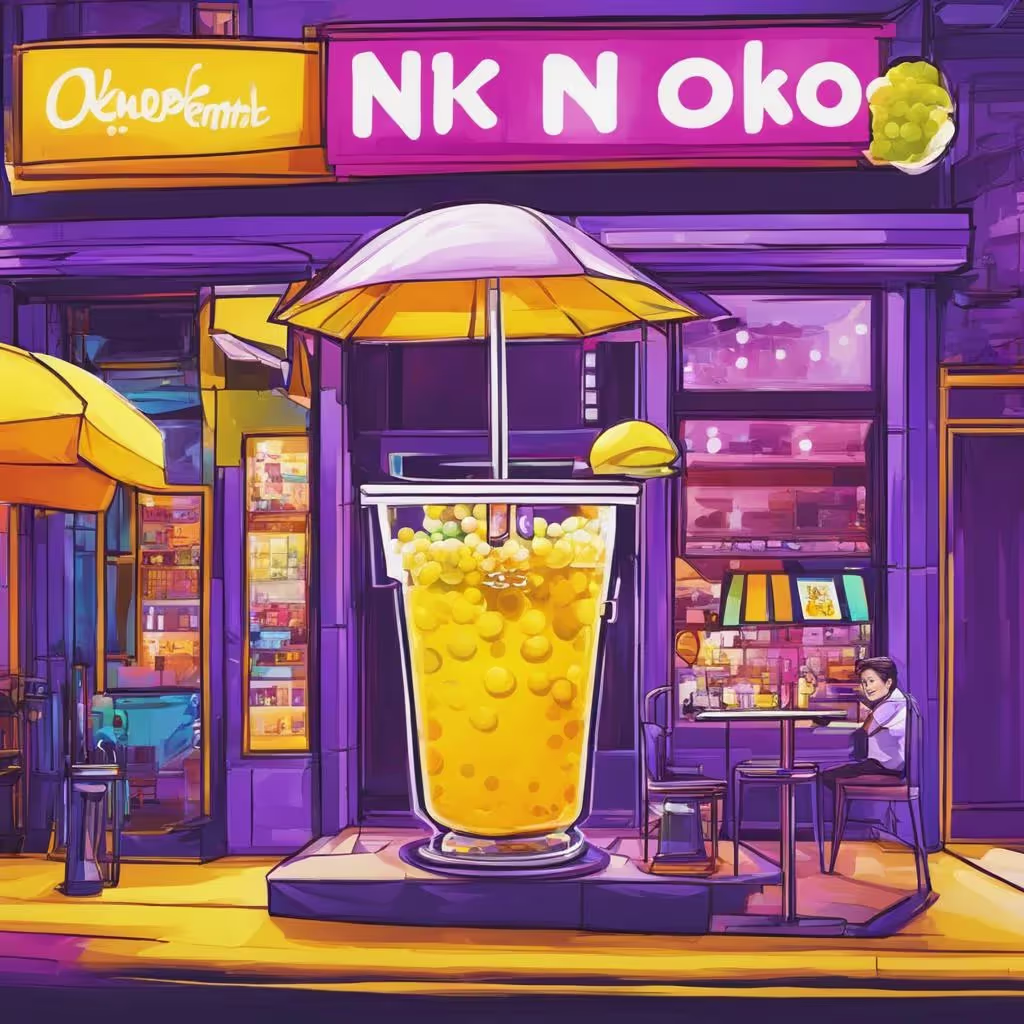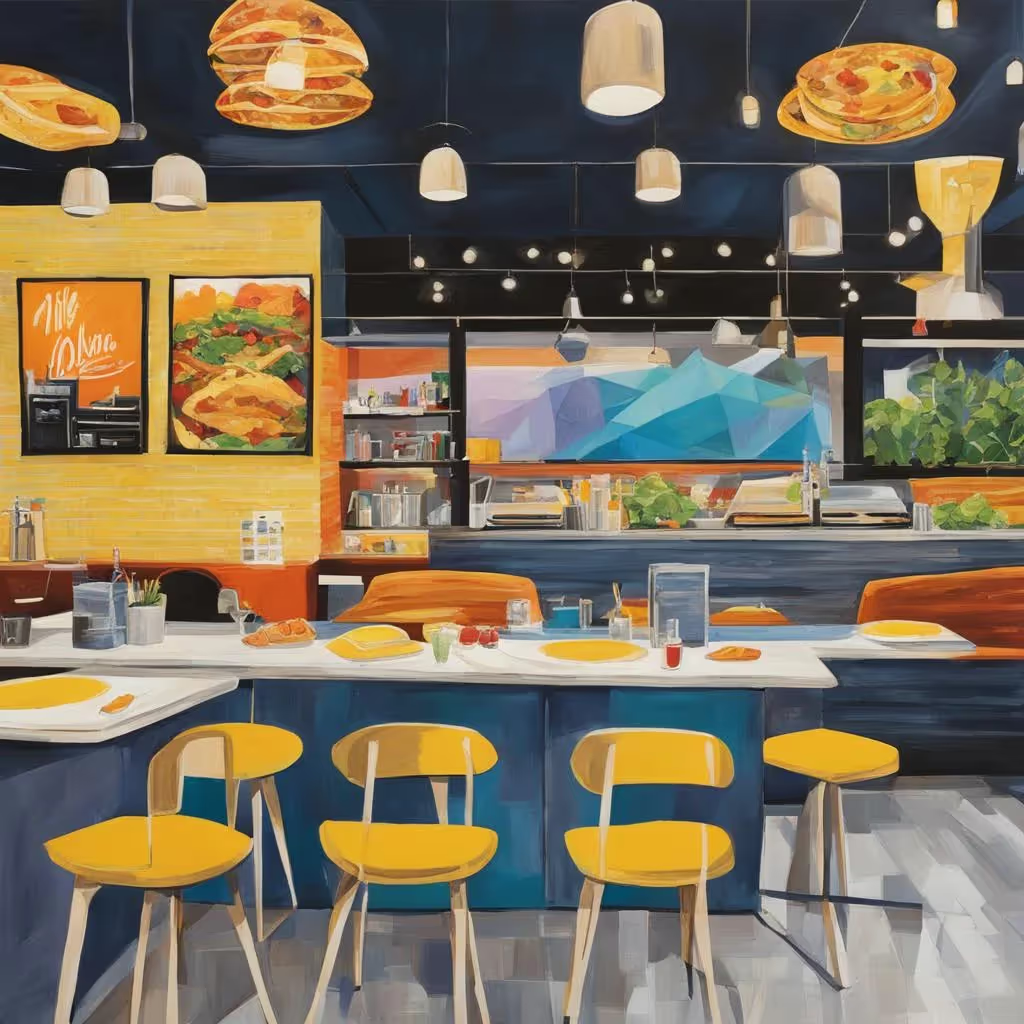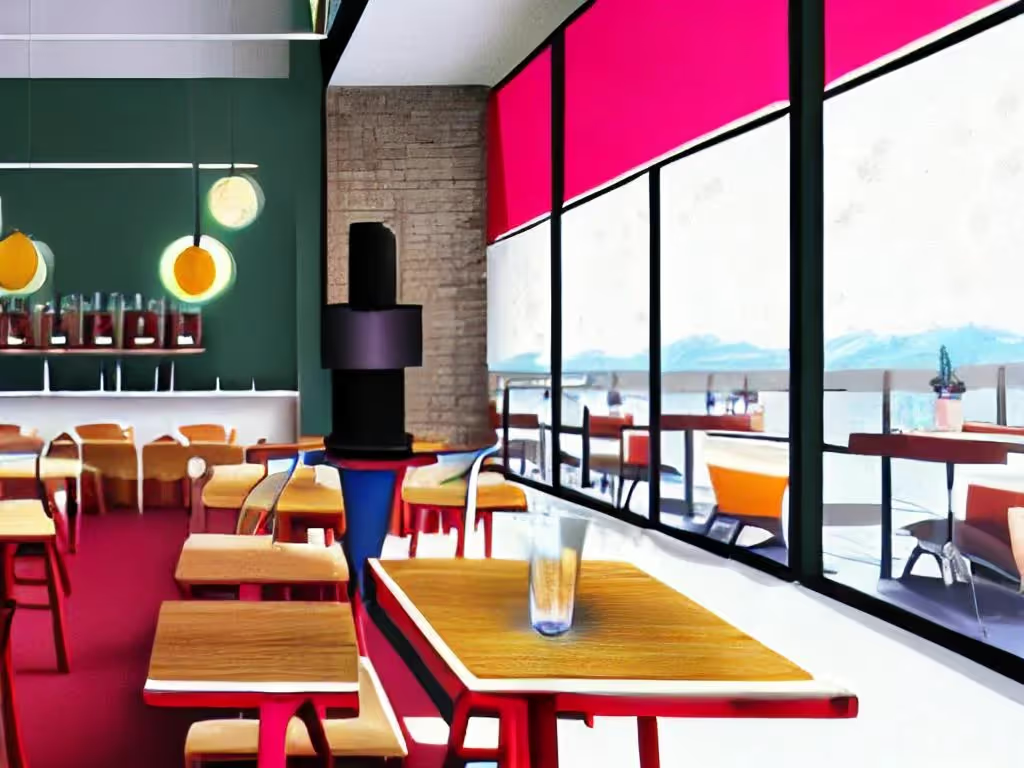TLDR
Let's say you have a great idea for how to revolutionize the coffee shop scene. You're sure if it had the right kind of support, it could really take off. But how do you get the ball rolling? You could always go it alone, or you could find a way to give your concept a boost, like getting into Y Combinator.
Now, getting into Y Combinator is no joke—you need to have a pretty good idea and a founding team, and your odds of getting accepted are slim (only 2-3% of applicants get in). But we're up for a challenge, so we decided to take a look at what a coffee shop concept would need to get in and make an impact on Y Combinator’s accelerator program. Let’s explore the possibilities!
Introduction to Y Combinator and Paul Graham
Founded by Paul Graham and Jessica Livingston in 2005, Y Combinator has been responsible for launching a number of successful startups—including Dropbox, Reddit, Airbnb, and Stripe.
In 2007 Paul Graham wrote an essay titled “Why to Not Not Start a Startup” which explains the advantages of starting a startup and why it can be beneficial to have a core team of founders. He also outlines the process for applying for funding from Y Combinator — which takes applications for funding twice a year — and the process by which a startup moves from idea to business.
But does this mean that coffee shops—like any other type of business—can get accepted into Y Combinator? In this article we’ll look at the possibility of entering into Y Combinator with a coffee shop concept.
What It Takes to Get Into Y Combinator
If you're considering pitching a coffee shop concept to Y Combinator—also known as YC—here's what you need to know. First of all, your company should have at least 10% equity in the startup to qualify for consideration.
In addition, YC focuses on startups that either already have an MVP (Minimum Viable Product) or that are in the ideation stage; where they’re looking for teams that are serious about launching and building the best products possible.
YC also prefers companies with at least two founders—one technical and one business—but this is not a requirement. It is important to know, however, that YC has an extensive vetting process for any company that applies. They don’t just accept anyone into their program—you will have to work hard and prove yourself if you want to make it in!
Garry Tan on Why You Need a Technical Co-Founder
Garry Tan is the current President & CEO of Y Combinator. He is an advocate for having a technical co-founder for new startups. Even if you have a great idea for a coffee shop startup, Garry believes that having a co-founder with technical ability is essential. The reason is if there's not some kind of technological element to your business--not necessarily software--but technology that needs to be applied in order to make it work, then you're going to be at a big disadvantage.
So why exactly should you have a technical co-founder?
- A technical co-founder can bring insight into the development process that wouldn’t otherwise be available.
- Technical co-founders can help create cost effective solutions with limited resources and timeframes.
- Having a technical co-founder means you have someone who understands the process of coding, engineering and design—which can save time and money since they won't need to hire someone else to do the work for them.
- Most importantly, having a technical co-founder allows you to build it right from the start so that your product or service meets customer needs accurately and efficiently.
Whether it’s developing hardware or software, when starting a coffee shop concept that wants to get into Y Combinator, having a technical co-founder on board is key in getting on their radar—for all the right reasons!
Make Something People Want: Keep Your Vision Clear
No matter what your idea is, it's essential to have clarity of vision. After all, if you don't know where you want to go, how can you expect anyone else to follow? Mixing up your vision and direction will confuse both customers and investors.
When it comes to a coffee shop idea, here's what having clarity of vision looks like:
Know your target customer
You need to know exactly who you're targeting with your coffee shop and what kind of atmosphere you want to create for them. Who are they? What do they need? What kind of atmosphere would make them feel at home? You must have a clear understanding of who will be buying your coffee before you can move forward.
Define the experience
What experience do you want people to have when they come into your coffee shop? Are there any special services or offerings that could separate your shop from other cafes? Make sure you have a clear idea of what makes you different, so that customers can understand why they should go out of their way to come visit.
How to scale it
Startups are meant to grow fast, and that usually doesn't go hand in hand with signing brick & mortar leases. How can you scale your coffee shop concept in a way that could achieve this goal?
Having clarity of vision is critical for getting investors excited about your business—it's easier for people to invest in a business when they can understand where it's going. Knowing exactly what the future looks like for the business and being able to clearly communicate that will attract the right people and opportunities for success.
Y Combinator and the Coffee Shop Concept: What Would It Look Like?
If a coffee shop were to get into Y Combinator, it would need to offer something different from the usual stuff you can buy in your local cafe. After all, Y Combinator is known for taking outside-the-box ideas and turning them into the next big thing.
At the very least, it's worth considering what a successful coffee shop could look like if it were part of Y Combinator. We know that Y Combinator has already backed a startup that has built an entire, compact cafe contained upon a bicycle. A co-working cafe might be the way to go. Not only is having a place that caters to remote employees an excellent way to bring more foot traffic into the shop, but it could also increase revenue and attract more customers.
Can It Really Happen? A Look at What Coffee Shops Can Achieve
Can a coffee shop get into Y Combinator? It's possible!
Additionally, if an entrepreneur was accepted into Y Combinator, they would be exposed to all the support and resources that the accelerator program offers; which could be a huge advantage if they were trying to scale their business.
Final Thoughts
A coffee shop concept can get into Y Combinator if it follows some of the core principles of the program such as “Doing Things That Don’t Scale” and “Make Something People Want”. Even though a coffee shop might not seem like the sexiest startup idea, it can still have a chance of getting accepted by Y Combinator if it has a different authentication, process and technology that takes it to the next level. With the right team, marketing strategy, and business model, a coffee shop can stand out as one of the most innovative companies and make its way into Y Combinator.


.webp)


.webp)
.png)
.webp)


.avif)
.webp)
.webp)
.webp)

.webp)









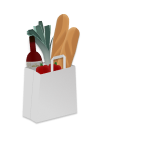
.png)
.png)







.svg)
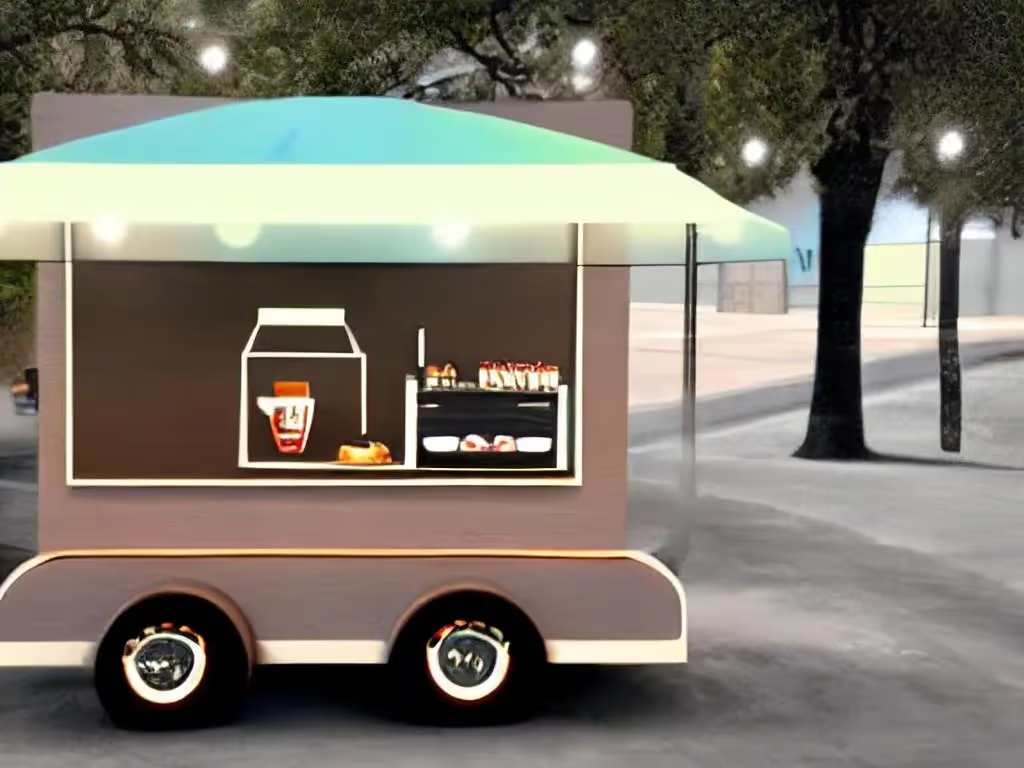




.svg)
.svg)



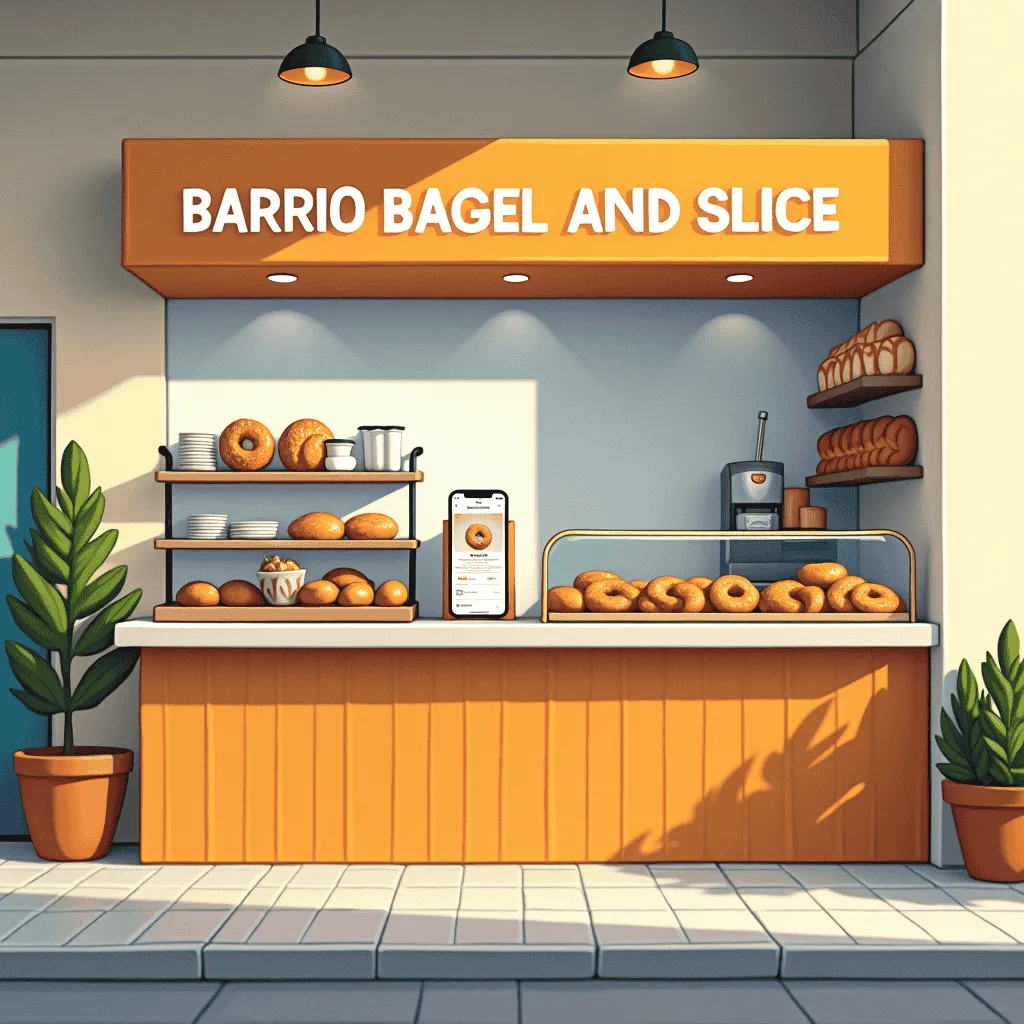

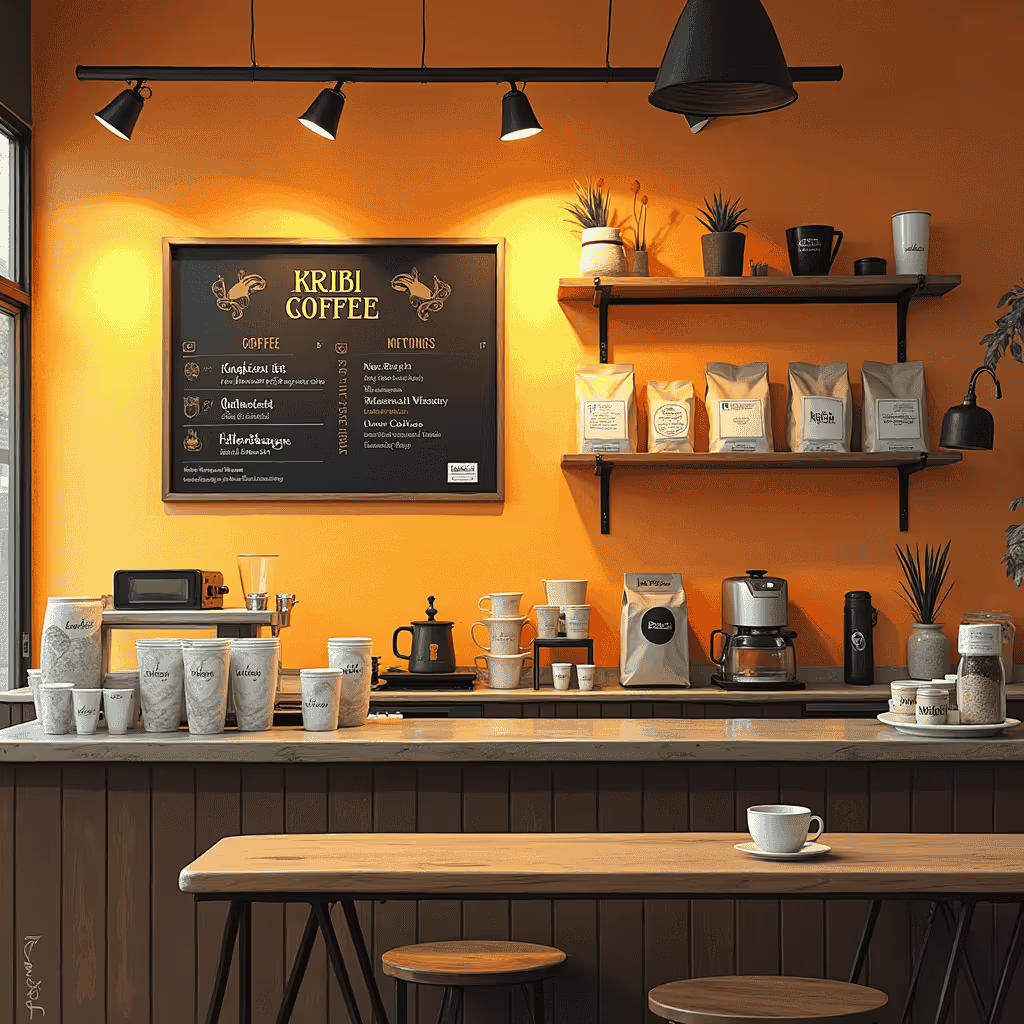
.avif)

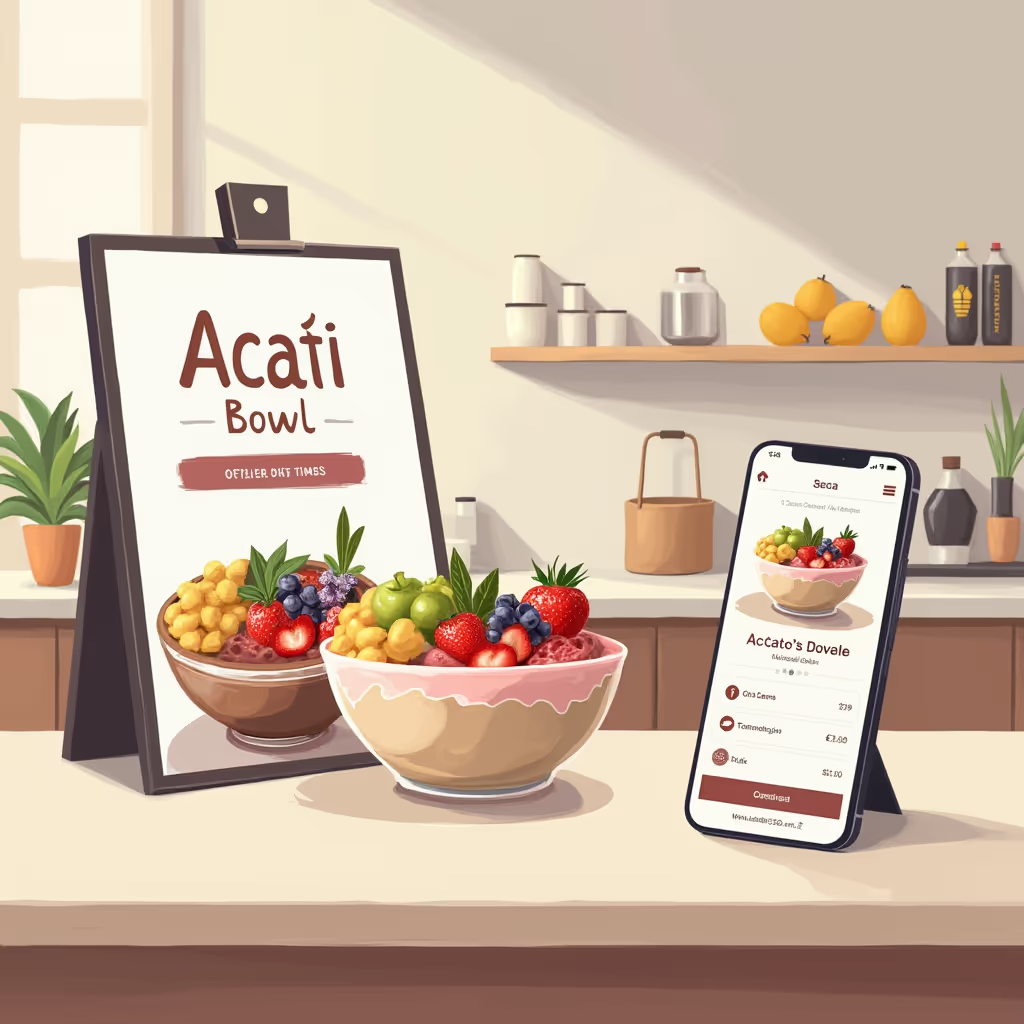

.avif)
.avif)
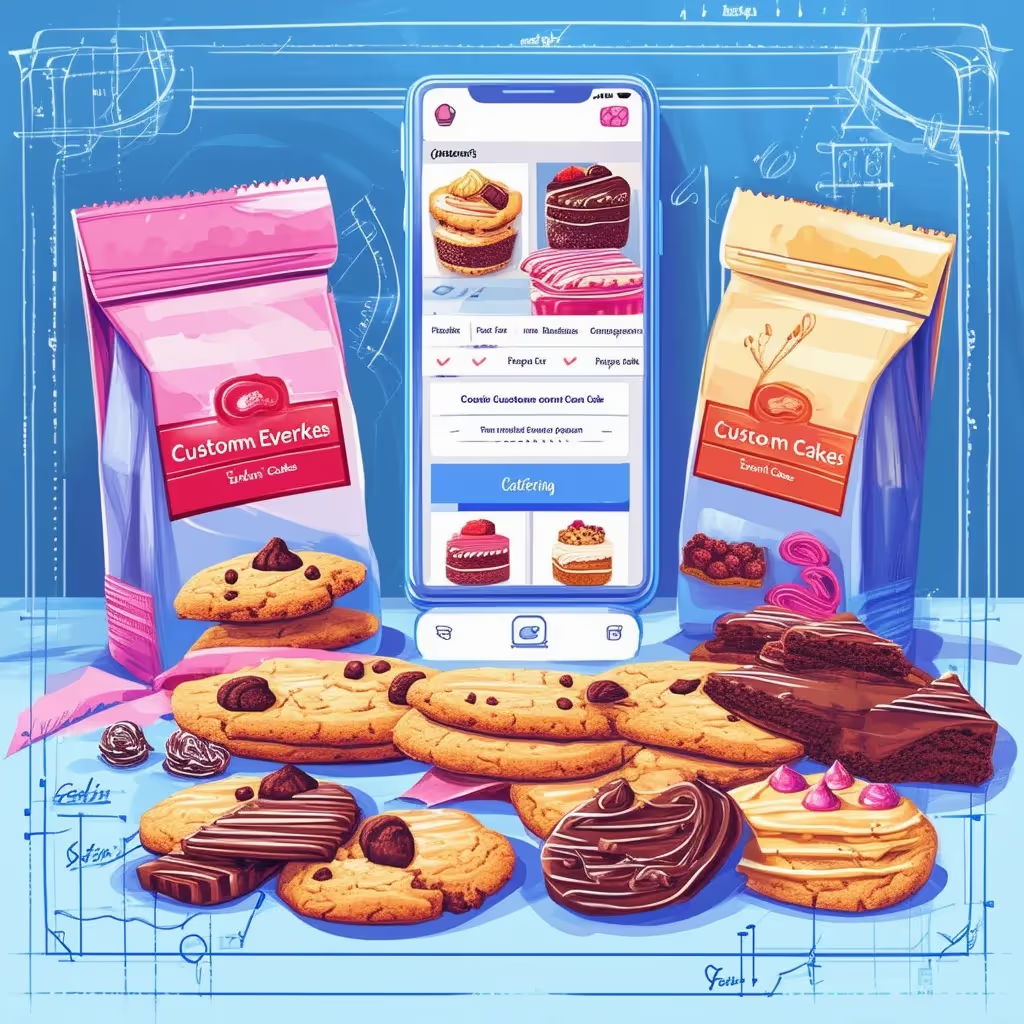
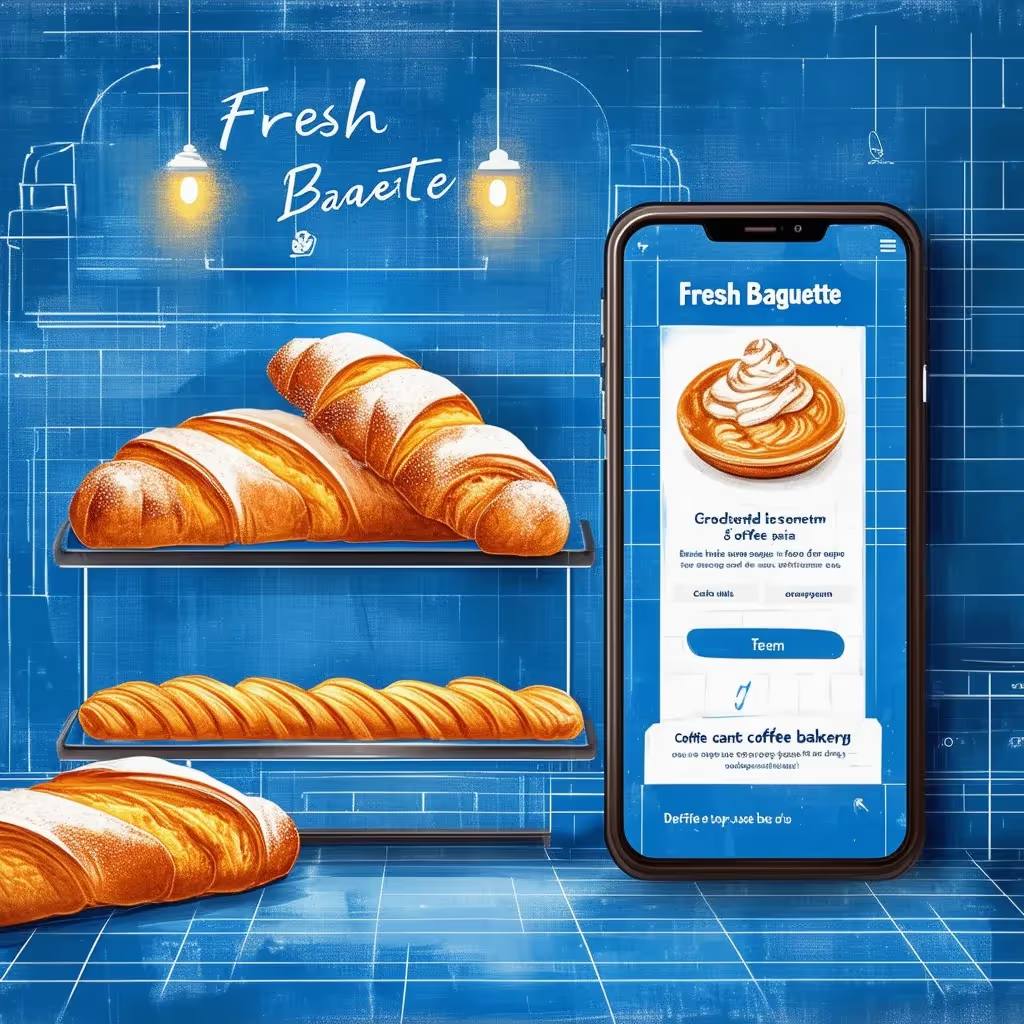
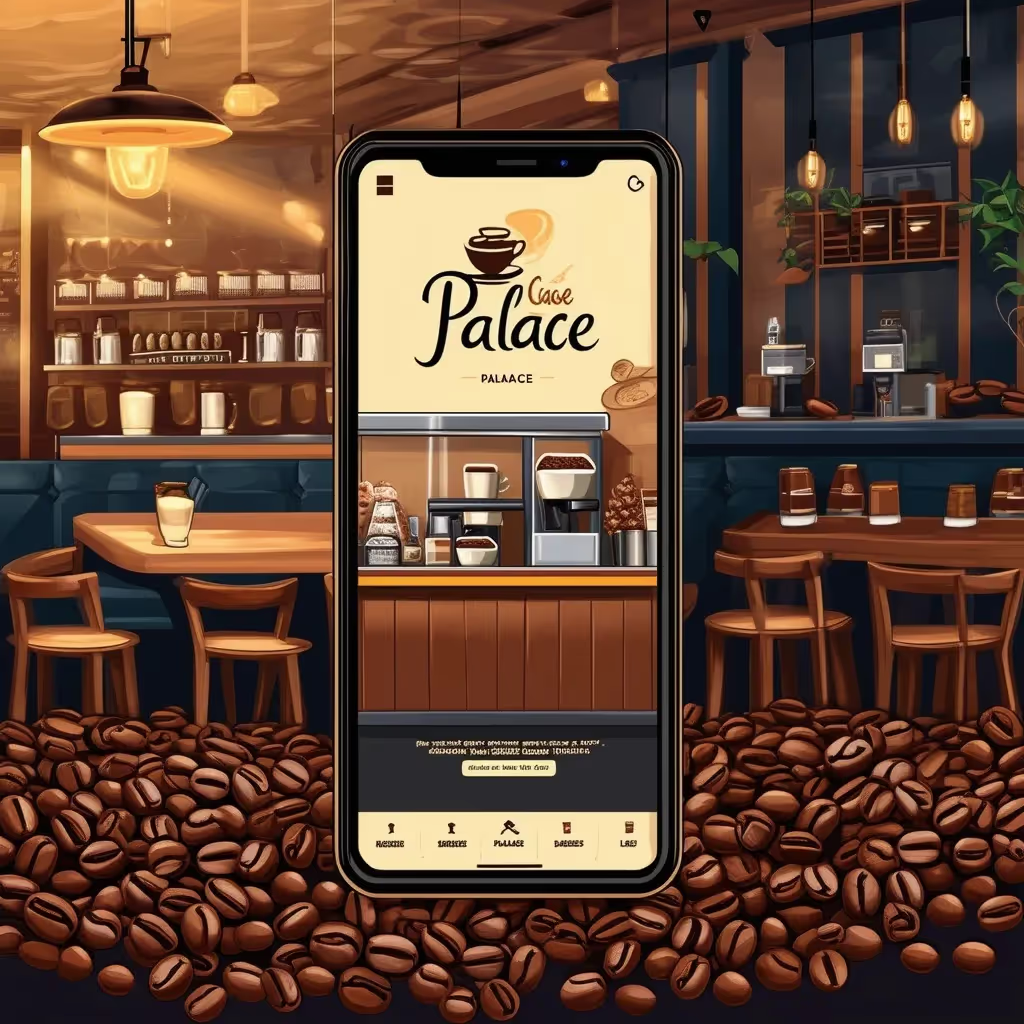
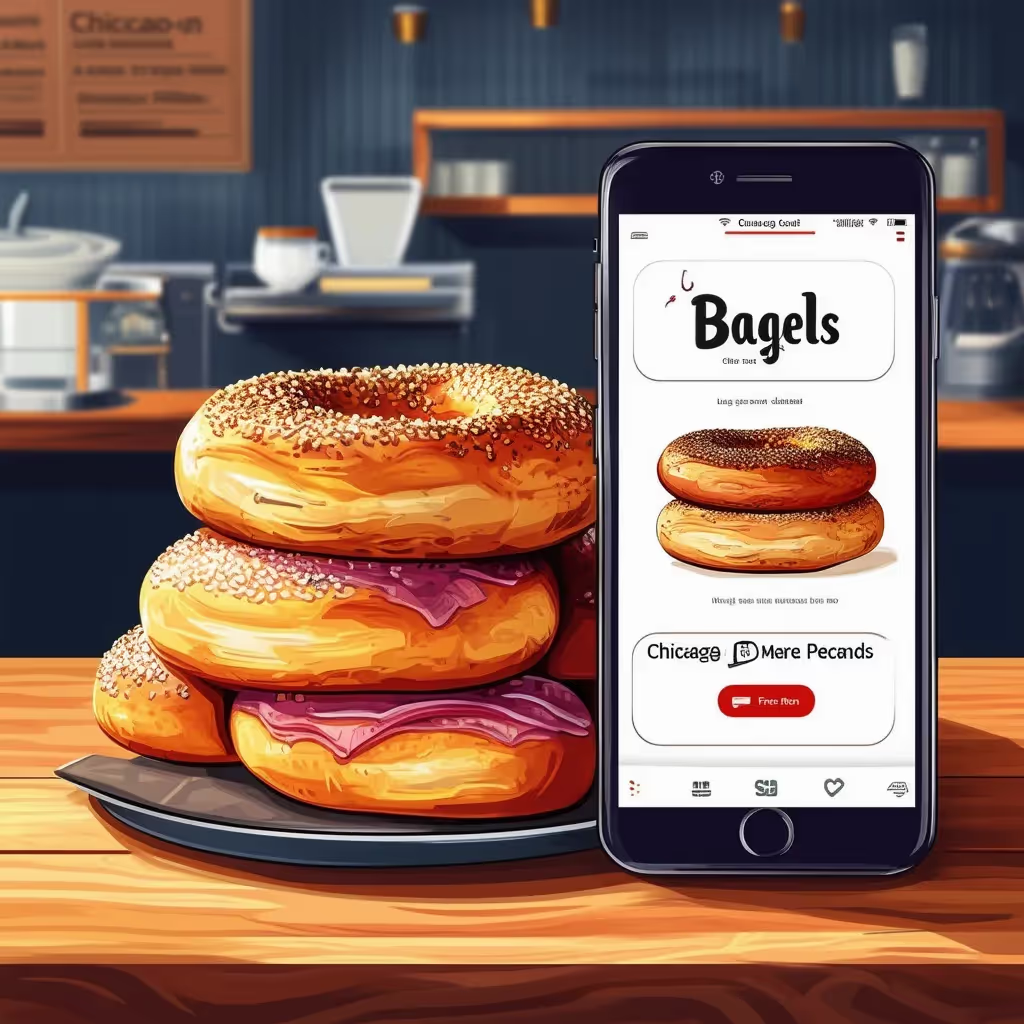
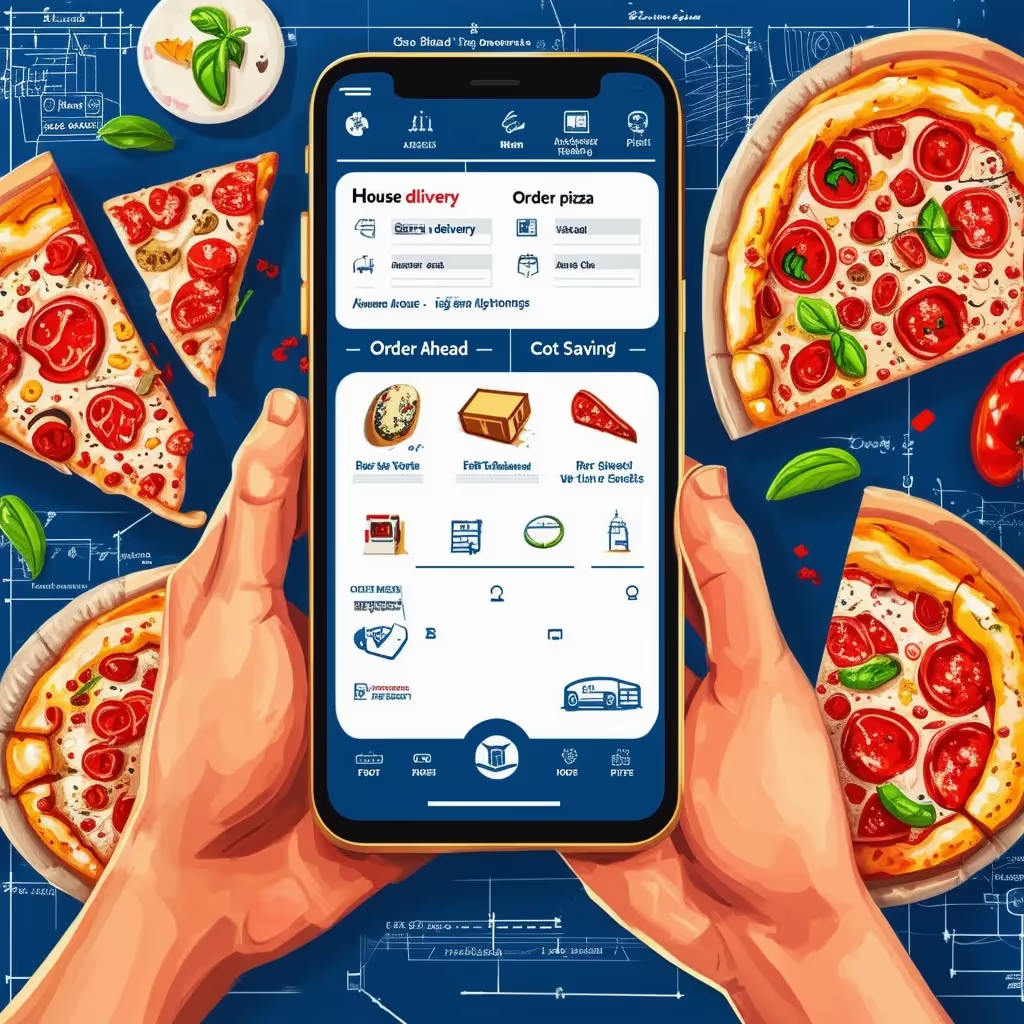



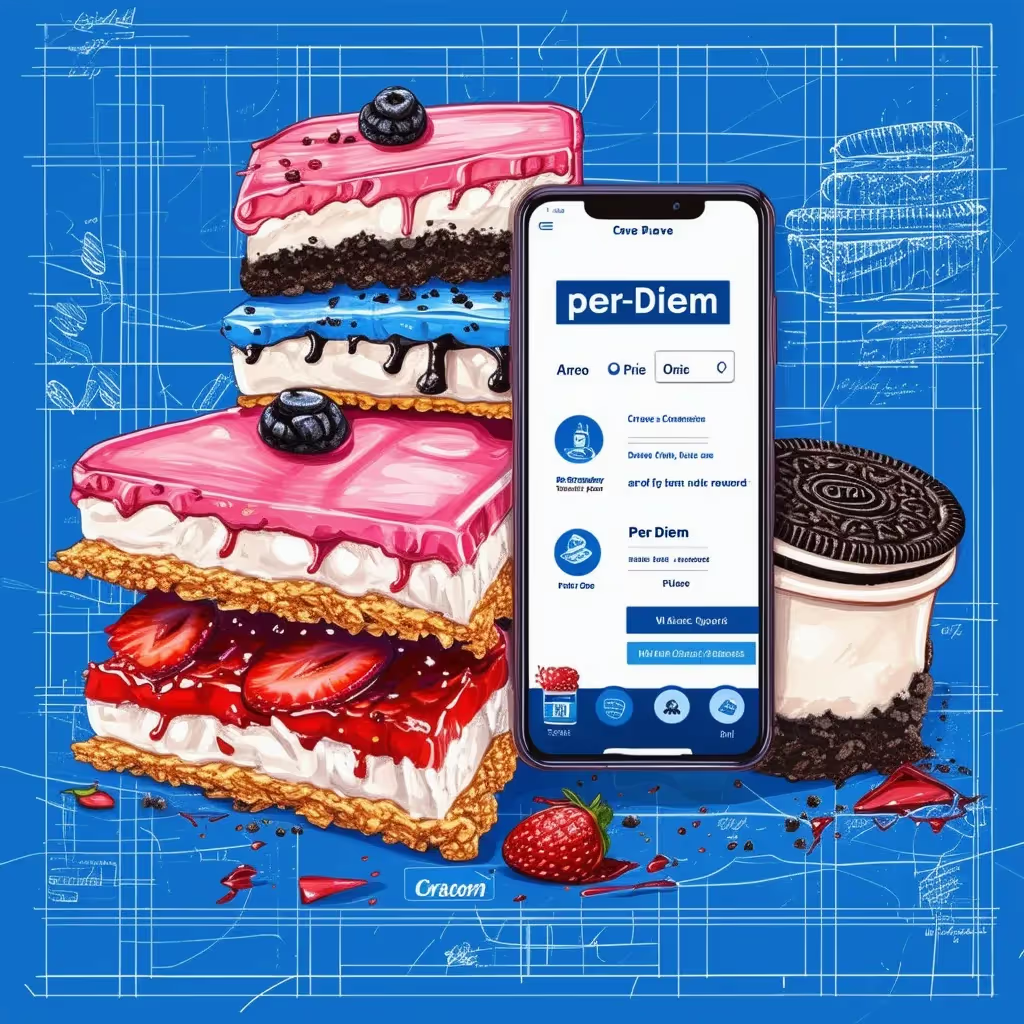
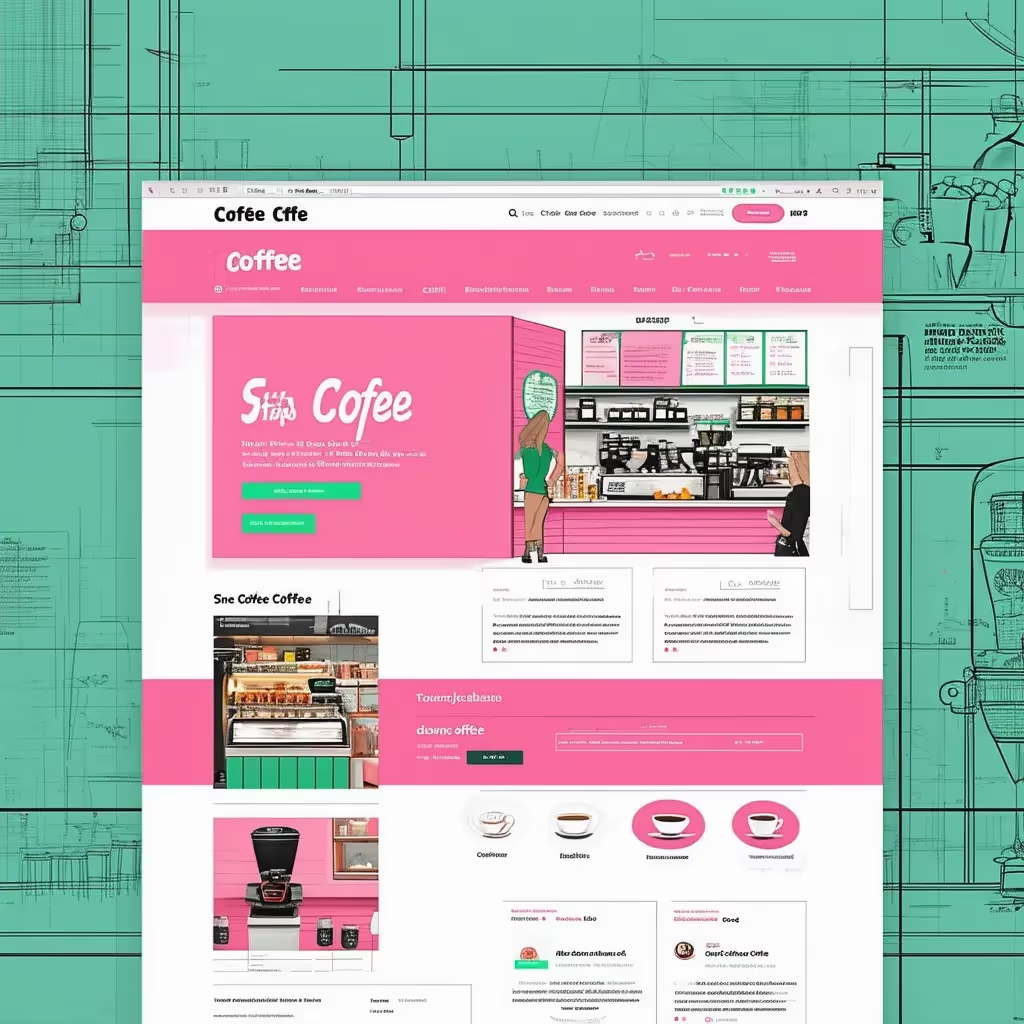
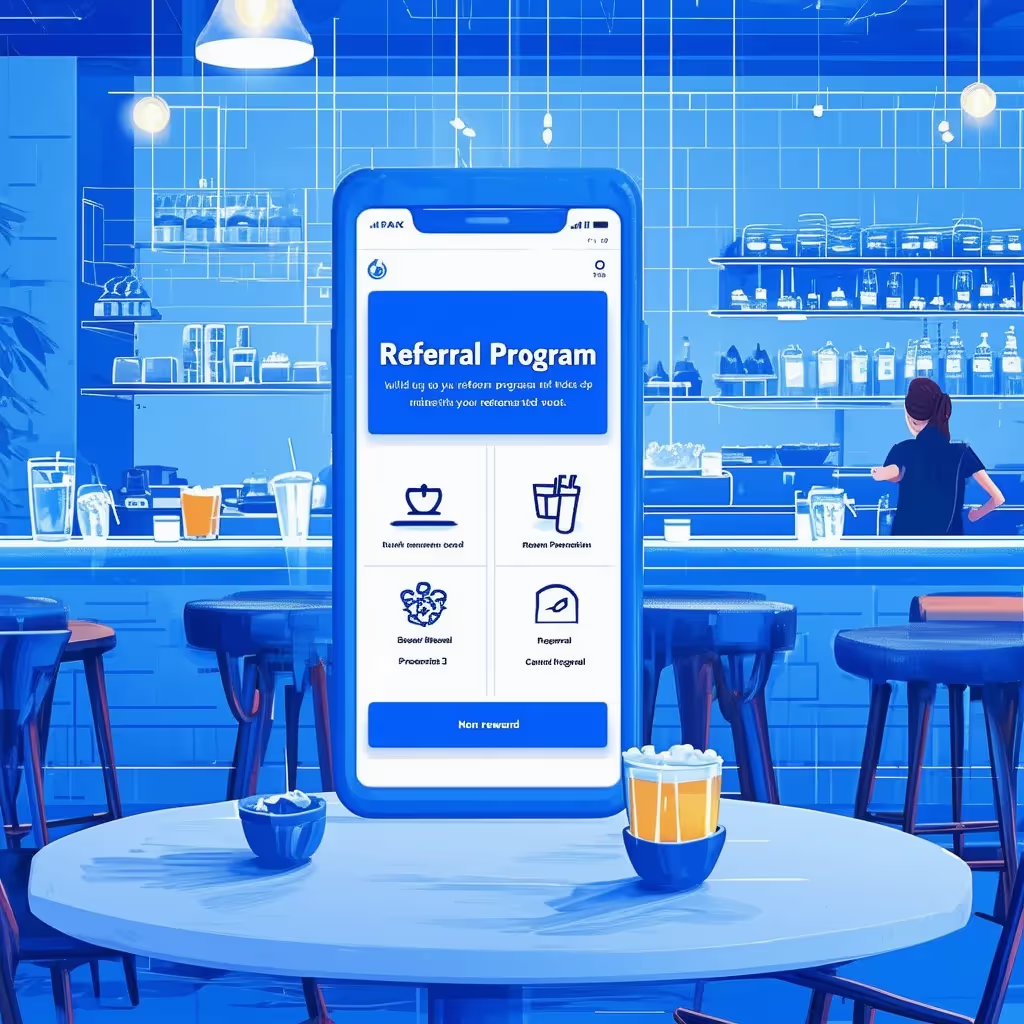



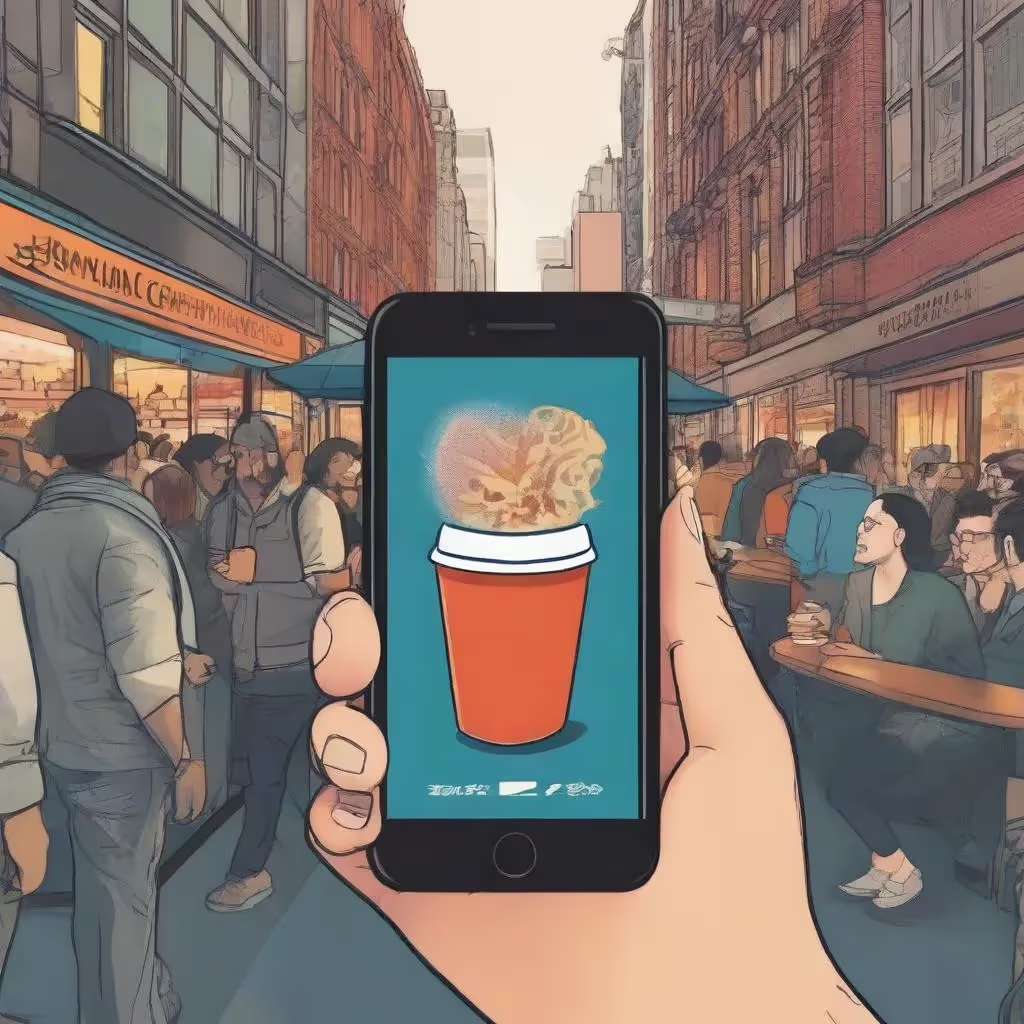

.avif)




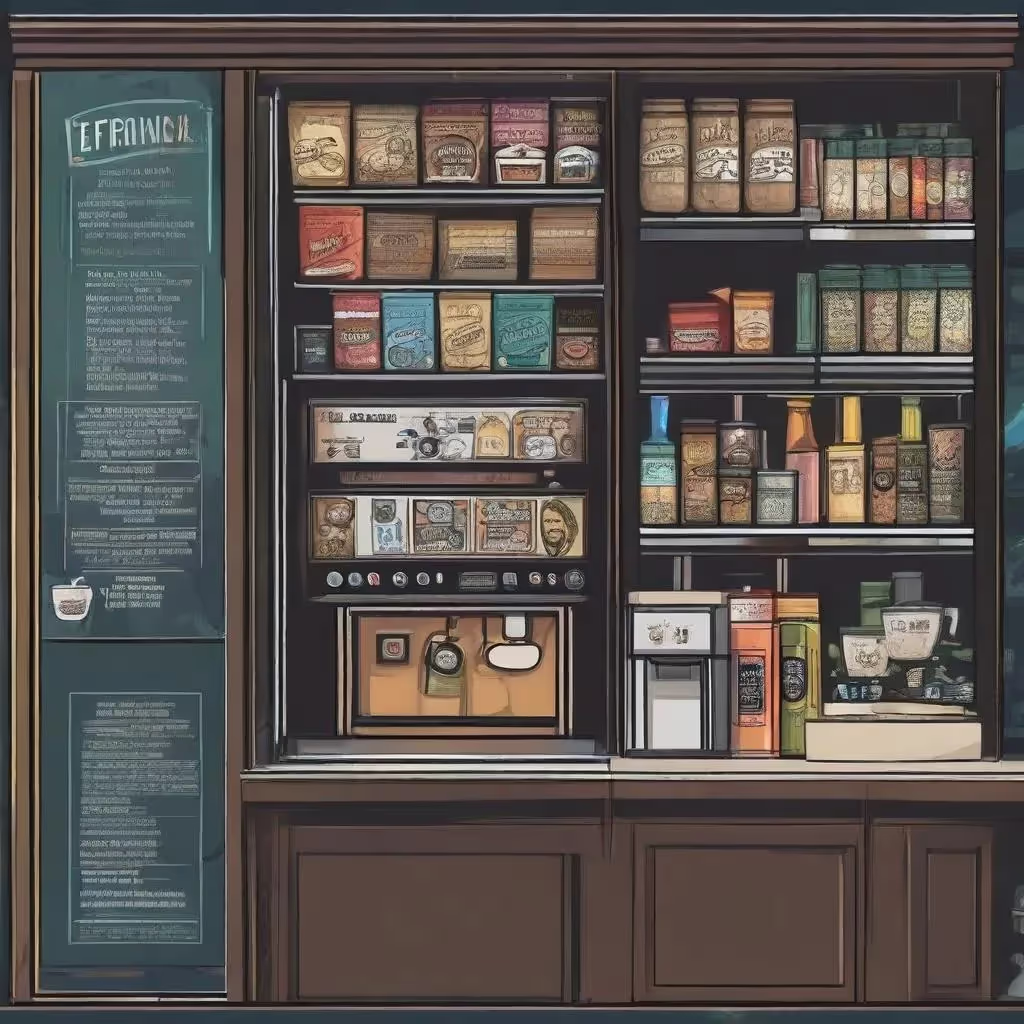
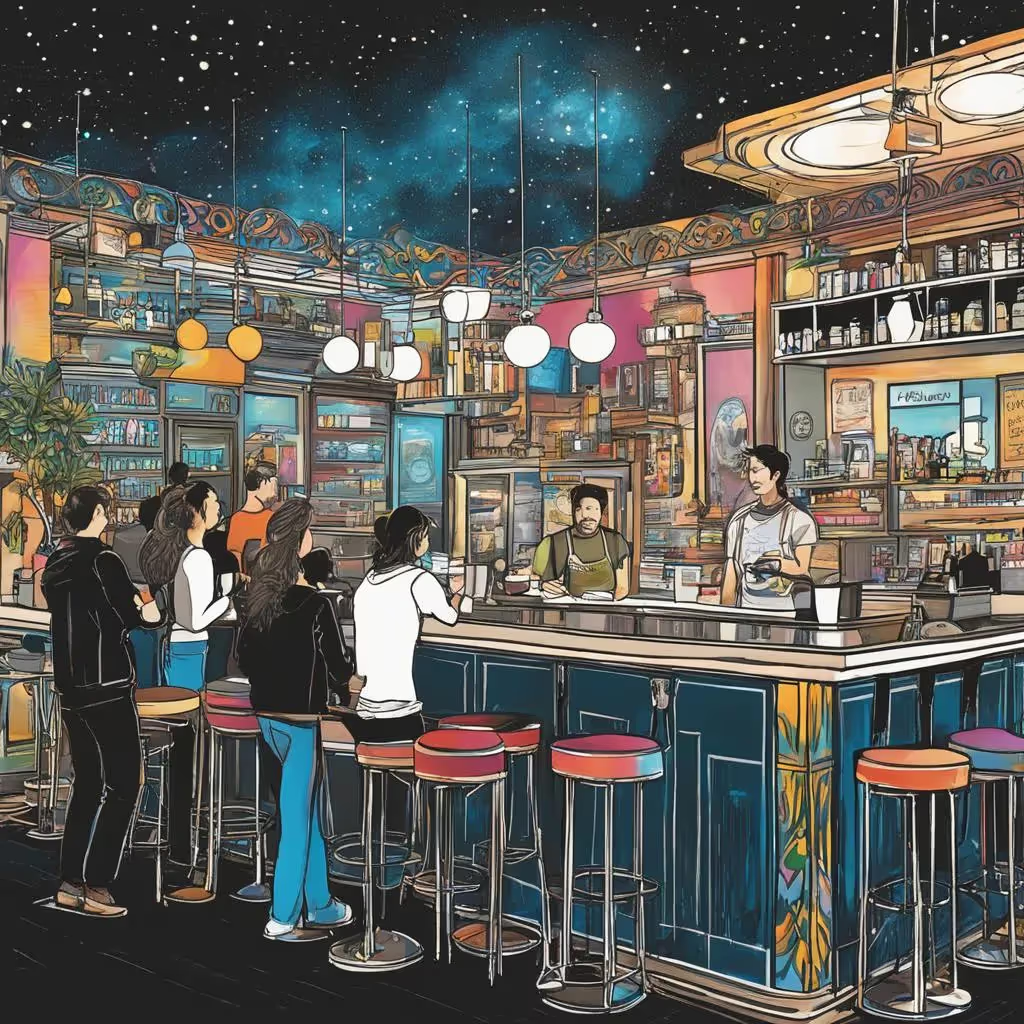


.avif)
